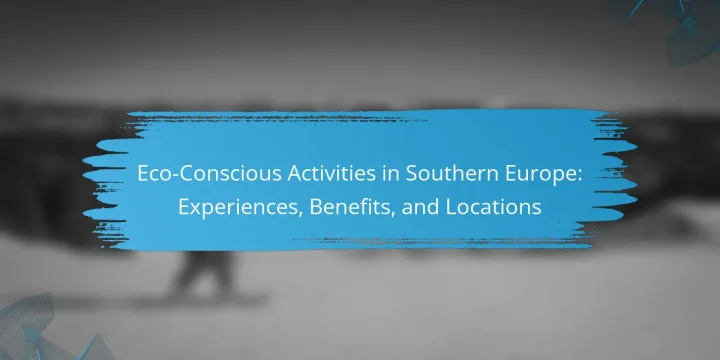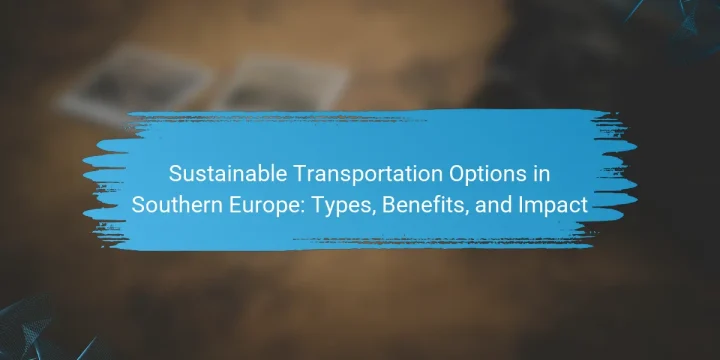
Community-based tourism in Southern Europe offers economic growth, cultural exchange, and environmental sustainability. This article explores effective participatory, sustainable, and experience-based models. It highlights success stories from Italy, Spain, and Greece, showcasing local empowerment and cultural preservation. Additionally, it addresses regional variations and challenges faced by these initiatives. What are the core benefits of community-based tourism in Southern Europe? Community-based tourism in Southern Europe fosters economic growth, cultural exchange, and environmental sustainability. It empowers local communities, enhances visitor experiences, and preserves traditions. Increased local employment opportunities and support for small businesses are significant benefits. Additionally, this tourism model promotes cultural heritage and fosters deeper connections between visitors and residents. How does community involvement enhance local economies? Community involvement significantly enhances local economies by fostering sustainable tourism practices. Engaging residents in…






